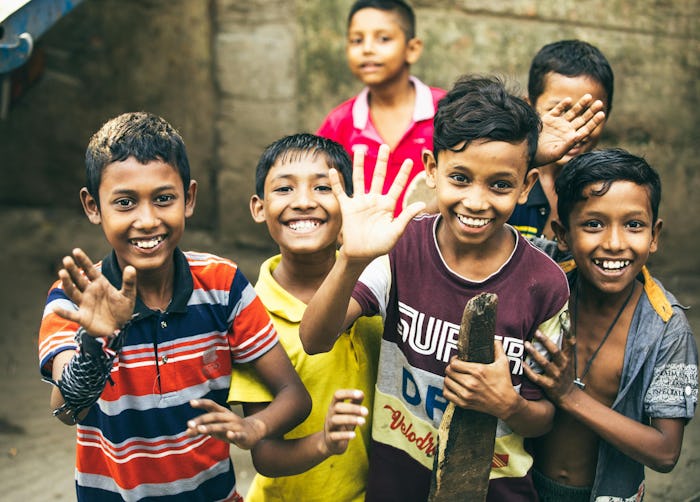You are making a difference in Bangladesh!
A glimpse of what your sponsored child’s life is like in Bangladesh:
HOME LIFE
- Houses are commonly rectangular and made out of mud, bamboo, or red brick with thatched roofs. Many are built on platforms to keep them above the flood line.
- Rice and fish are foundations of the standard diet, and people typically eat rice every day.
- Many meals are cooked in spicy curry sauces that incorporate cumin, coriander, cloves, cinnamon, garlic, and other spices.
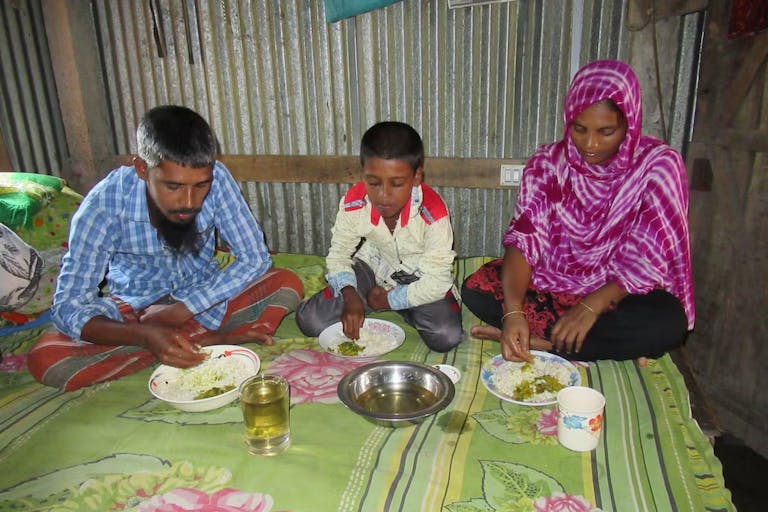
SCHOOL AND EDUCATION
- Most children begin school around age 5 or 6, though attendance decreases as older children are often expected to contribute to household work (girls) or agricultural work (boys).
- The educational system in Bangladesh has three levels – primary, secondary, and higher education.
- Primary education, which is free but not required by law, is for children 10 and under. Only about half of all children in Bangladesh attend primary school.
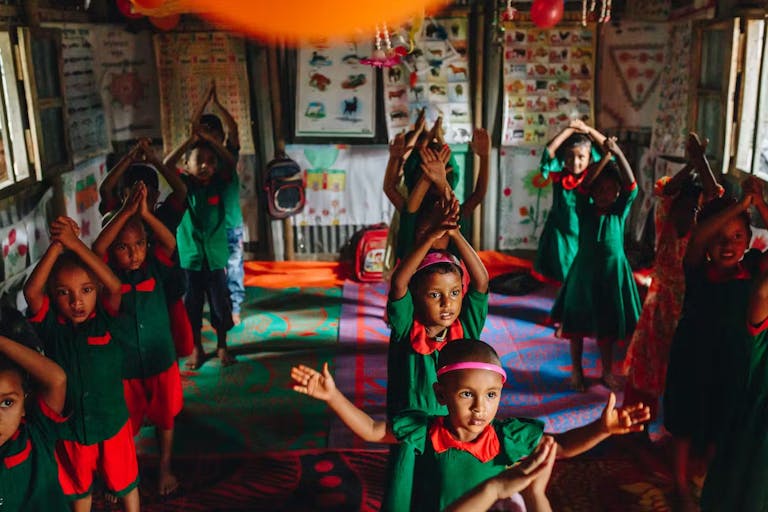
BANGLADESHI CULTURE
- Bangladesh means “country of Bengalis.” Bangla, aka Bengali, the official language, is spoken by 99% of the population.
- People greet each other with, “Assalam Waleykum” (peace be with you) and respond with, “Waleykum Assalam” (and with you).
- Common music in Bangladesh includes classical and folk songs. A growing genre is contemporary pop, favored by Bangladeshi youth.
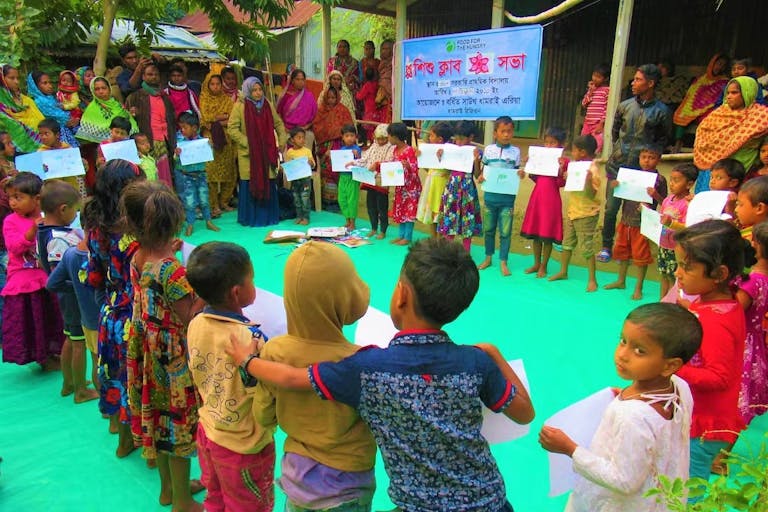
COUNTRY INFO
Bangladesh is a South Asian country that is full of lush greenery and has many waterways. It’s located east of India on the Bay of Bengal. Three of Asia’s largest rivers – the Ganges, Brahmaputra, and Meghna – flow through the country and form the fertile Ganges-Brahmaputra Delta, which is the largest delta in the world.
- Capital: Dhaka
- Population: 161,356,039
- Language: Bengali

FH IN BANGLADESH
In 1972, Food for the Hungry (FH) began working in Bangladesh by distributing rice to the most vulnerable. Since then, FH has focused efforts on community development including livelihoods, micro-lending, health, education, and disaster response resilience. Additionally, Bangladesh is what is sometimes called a “sensitive” country, where traditional evangelism is ineffective or even illegal. FH still strives to share the love of God in a culturally appropriate way.
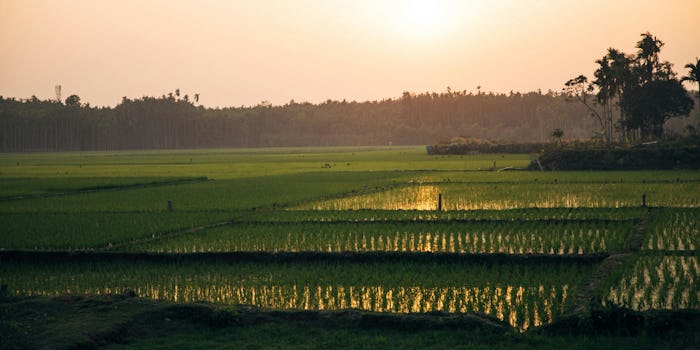
AS A CHILD SPONSOR:
- You are improving women’s and children’s literacy rates and improving school attendance among ethnic minority students.
- You are establishing care groups led by volunteer mothers who are trained to teach their neighbors about health, nutrition, personal hygiene, and more.
- You are teaching families awareness lessons about legal rights of women and children on topics such as spousal abuse and early child marriage, helping to restore dignity and respect for women and children.
